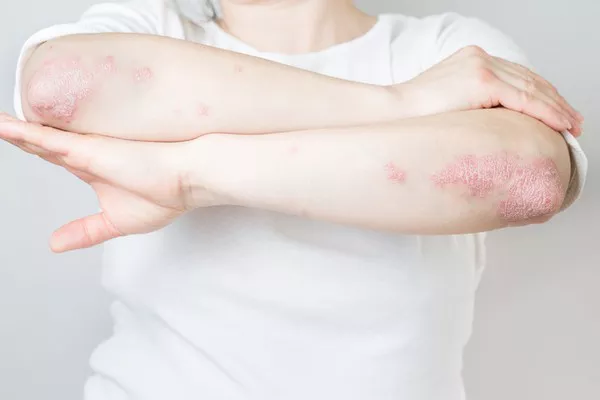A recent study conducted by a team of researchers at Trinity College Dublin has unveiled promising insights into the potential of a “tailored vaccine” to effectively address eczema in children exacerbated by Staphylococcus aureus bacteria.
Eczema, also referred to as atopic dermatitis, impacts up to a quarter of children in Ireland, manifesting as dry, itchy skin often leading to weeping wounds when infected by bacteria. The study, led by Dr. Julianne Clowry, Consultant Dermatologist and Visiting Research Fellow at Trinity, underscores the pressing need for innovative treatments as current strategies often yield short-term relief, with increasing concerns over antimicrobial resistance.
The team’s research, which spanned across disciplines including Medicine, Computer Science, Statistics, Biochemistry, and Immunology, delved into immune responses among 93 children aged between 0 and 16. Their investigation identified distinct immune signatures, particularly focusing on T cells and other biomarkers, highlighting significant variations in immune response among different patient groups.
Notably, children experiencing infected eczema flares exhibited suppressed T cells crucial for mounting effective immune responses. These findings illuminate potential targets for future therapies aimed at mitigating recurrent eczema flares.
Professor Alan Irvine, a leading Dermatologist at Trinity, emphasized the study’s contribution to understanding the intricate relationship between Staphylococcus aureus and eczema, suggesting novel scientific avenues to explore this complex dynamic.
Further insights from Professor Rachel McLoughlin, an Immunology expert at Trinity and senior author of the study, underscored the importance of broadening research efforts to validate findings across diverse age groups and ethnicities.
This pioneering research represents a significant step forward in the pursuit of tailored treatments for eczema, offering hope for improved long-term outcomes and reduced reliance on antibiotics. As efforts intensify to combat antimicrobial resistance, the potential impact of a targeted vaccine approach holds promise in revolutionizing eczema management.



























